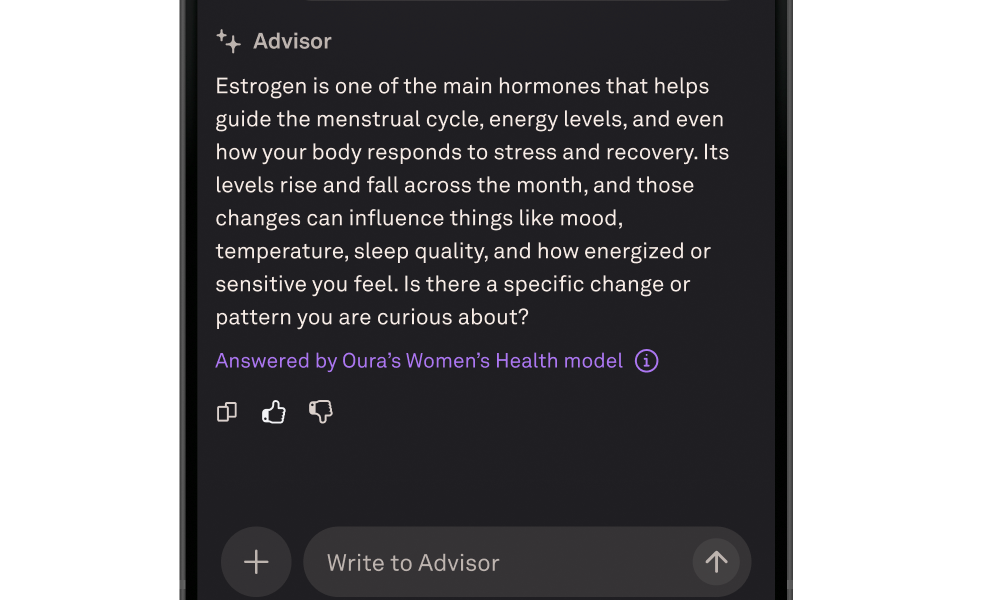In this, our first Data Phoenix AI Highlights Review of 2025, we round up the stories we have covered so far. January (and 2025) started off strong, with NVIDIA and AMD delivering keynotes packed with product announcements. As expected, NVIDIA prepared an impressive keynote filled to the brim with news. Among them, we picked the three biggest announcements to provide a comprehensive overview: the GeForce RTX 50 Series, which includes the GeForce RTX 5090, referred to as "the most powerful consumer GPU ever created"; Project DIGITS, a desktop supercomputer that can run 200B parameter LLMs; and Cosmos, the company's foundation model platform.
Nvidia at CES 2025: announcing the RTX Blackwell 5090, "the most powerful consumer GPU ever created": At CES 2025, Nvidia unveiled its GeForce RTX 50 Series graphics cards, headlined by the $2,000 RTX 5090 with 21,760 CUDA cores and 32GB GDDR7 memory, promising twice the performance of previous generations in both gaming and AI applications.
Nvidia at CES 2025: a desktop supercomputer that can run 200B parameter LLMs: Announced this Monday at CES, Nvidia's Project DIGITS personal AI supercomputer aims to put a petaflop of AI processing power in the hands of every data scientist, AI researcher and student. The small and mighty unit packs a GB10 Grace Blackwell Superchip and can run models of up to 200 parameters.
Nvidia at CES 2025: Introducing Cosmos, the chipmaker's contribution to 'physical AI' research: At CES 2025, Nvidia announced Cosmos, an end-to-end world foundation model platform trained on 9,000 trillion tokens, designed to help developers create and test virtual environments for physical AI applications like robotics and autonomous vehicles.
AMD has been building its strategy to capitalize from the AI boom for some time now, betting not only on its AI accelerators and other data center solutions, but also in powerful consumer PC processors specifically tailored for AI, gaming and content creation.
AMD at CES 2025: new consumer chips for gaming, content creation and AI PCs: AMD announced its new Ryzen AI Max processor series at CES 2025, featuring up to 16 Zen 5 CPU cores, RDNA 3.5 graphics, and enhanced AI processing capabilities. The company also added more models to its Ryzen AI 300/300 PRO Series and introduced the more affordable 200/200 PRO Series.
Delta, a company that has gained notoriety for its enthusiastic participation at CES for the last few years, delivered one of the splashiest CES keynotes, complete with immersive experiences, a Lenny Kravitz performance, and a monologue by award-winning actress Viola Davis. One of Delta's biggest announcements was Delta Concierge, an AI-powered assistant coming to the Fly Delta app this year.
CES 2025: Delta announced a new AI-powered assistant is coming to its app: At CES 2025, Delta Air Lines announced Delta Concierge, an AI-powered digital assistant launching in 2025 that will provide travel assistance through the Fly Delta app, offering features like proactive notifications, natural language interaction, and real-time airport navigation guidance.
Other noteworthy headlines this week
Anthropic is reportedly in talks with Lightspeed and others to raise more funding: After securing a $4B investment from Amazon in November 2024, Anthropic is reportedly close to raising an additional $2B led by Lightspeed Venture Partners, which would value the AI company at $60B.
Evidence shows AI data centers may be hurting the power quality for homes in the US: A Bloomberg analysis reveals that homes within 20 miles of AI data centers are experiencing dangerous levels of power grid distortions (bad harmonics), particularly in Virginia's "data center alley". Meanwhile, tech companies plan massive expansions of their data center infrastructure across the US.
Mistral AI has updated its code generation model Codestral to make it more efficient: Mistral recently announced an update to its code generation model, equipping it with a new architecture and improved tokenizer. Codestral 25.01 supports a leading 256K context length, performs strongly on popular coding benchmarks, and outperforms its rivals on fill-in-the-middle (FIM) tasks.
xAI's Aurora is being used to flood X with racist and hateful content: X users continue to take advantage of Grok's lack of guardrails to generate and flood the platform with harmful content. Reports point to a spike in the prevalence of abusive content after Grok's image generation capabilities were enhanced with Aurora, xAI's proprietary model.
Raspberry AI has raised a $24M Series A for its fashion design platform: Fashion design platform Raspberry AI has secured $24 million in Series A funding led by Andreessen Horowitz to expand its AI technology that converts fashion sketches into instant photorealistic renderings, already used by major brands like Under Armour and MCM Worldwide.
The new Tasks beta lets ChatGPT users schedule reminders and recurring actions: OpenAI has introduced a new "tasks" feature in beta for ChatGPT's paid users that enables scheduling reminders and recurring requests, marking the company's first step into AI agent capabilities.
Ukrainian startup LetsData raised $1.6M to fight malicious information operations with AI: LetsData, a cybersecurity startup born during Russia's invasion of Ukraine, has raised $1.6M to expand its AI-powered information operations detection technology that analyzes content across multiple platforms and languages.







Comments